Rule Against Broadcast of Telephone Conversation Without Prior Permission is Constitutional, Says FCC
Broadcast Law Blog
FEBRUARY 2, 2011
The FCC today upheld a $4000 fine issued to a broadcaster for broadcasting a telephone conversation without first getting the permission of the people on the other end of the line, denying reconsideration that the broadcaster had sought - arguing that the fine violated its First Amendment rights. The telephone conversation that led to the fine was between a station employee and two airport officials, about a controversy concerning the local airport.











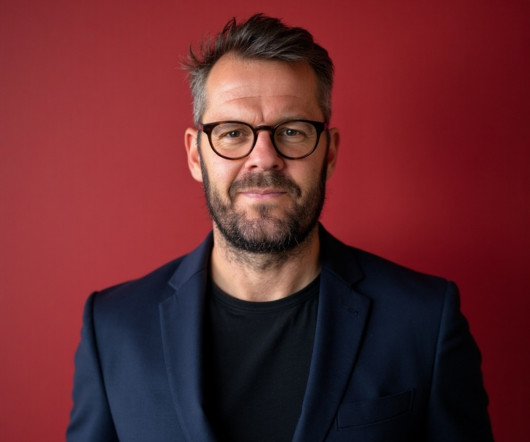




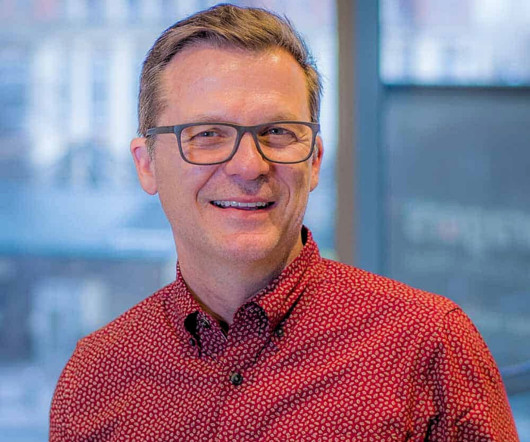




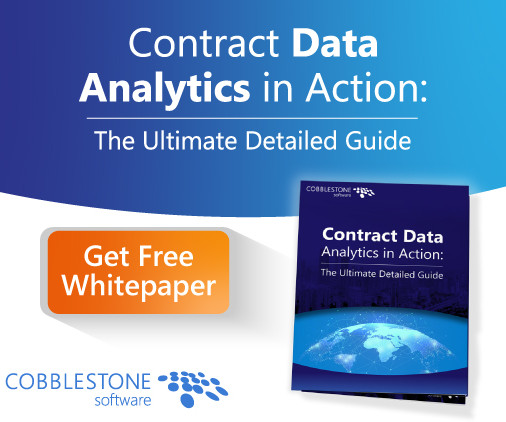




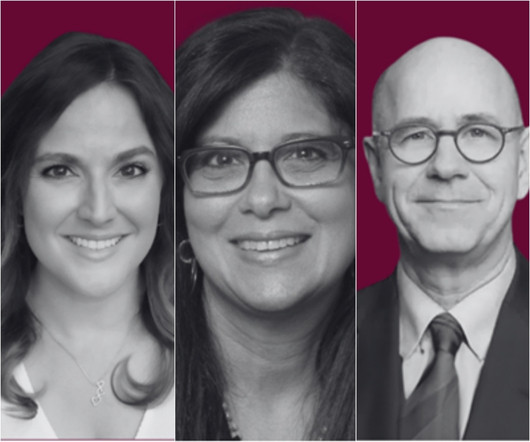


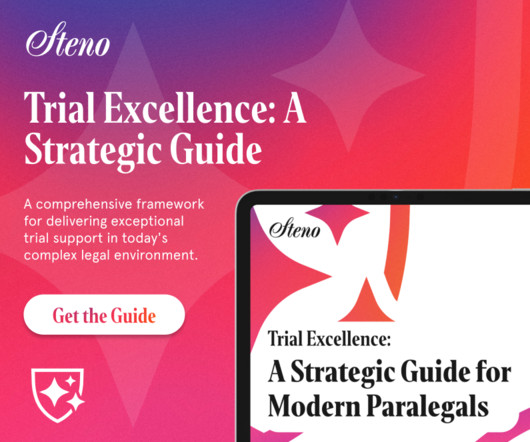








Let's personalize your content